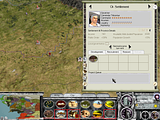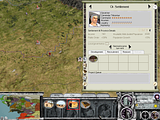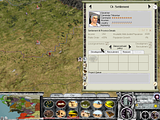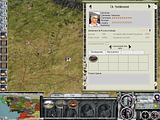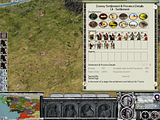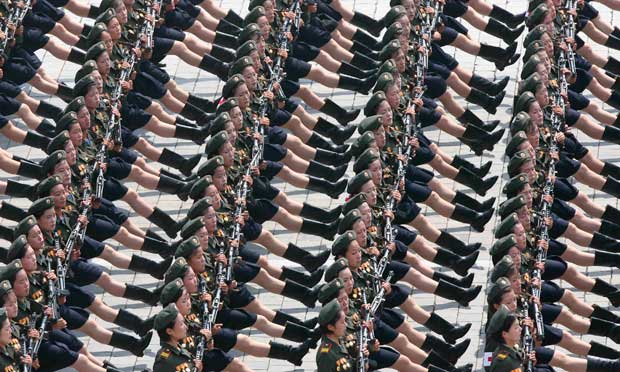How exaclty will EB2 use the m2tw religion mechanic and the seven culture slots?
All I could find on the topic were this statement from the FAQ:And Kull answering to a post from Linus:It seems it's possible to give eg. Taksashila it's own unique portraits, using a mix of religion and culture - if I'm correct. Which I'm not sure of. This all seems to have a hell of a lot of potential.Q: Will you represent cultures? How and which ones?
A: We will use the religion mechanism to represent socio-political affinities, which are in competition in varying degrees in any given settlement. This competition may end up in civil unrest, if a culture gets closer in importance to the dominant one. Certain factions will need to evolve to another culture, which will certainly trigger unrest throughout the territory, and that transition will be harder if the player wants to do it too fast. The cultures are:
- Arid Nomadism
- Steppe Nomadism
- Eastern Imperial
- Eastern Tribal
- European Tribal
- Forest Tribal
- Western Mediterranean Polities
- Hellenistic Polities
- Indian Tribal
Now my questions (NOTE: I'm going to keep calling religions religions rather than 'socio-political affinities' to not get people confused):
1. What's the limit for religions in M2TW? Is it the nine currently used in EB2?
2. Could someone explain the religions (aka "socio-political affinities") more detailed? What is eg. "Western Mediterranean Polities"? Do Rome and Carthage share the same religion, or is Carthage predominantly "Eastern Imperial"?
2. What effect will the competing religions have on unit recruitment? Does eg. recruitment of low tier phalanx units require a certain level of "Hellenistic Polities", and do high tier phalanx units require a higher level?
3. Which buildings (eg. government, province, populace, temples, 'wonders'... ) will influence religion? Will such buildings allow to train priests (renamed to eg. envoys), that can influence religion levels?
4. What factors other than buildings influence religion levels?
5. How are characters affected, and how do they themselves affect religion levels and public order? Do characters have traits or ancillaries that can influence religion levels (in the way priests do)? Are characters affected by religion buildings via traits and ancillaries? I can remember reading a tweet some time ago, that mentioned that temples can also give characters bad traits or something the like.
6. How are public order levels affected? Are there any major balancing problems?
7. What does the FAQ mean, when stating "Certain factions will need to evolve to another culture"? Which factions? And how does that evolution look like?
8. How exactly does mixing of religion and cultures, as Kull mentions above, work? One or two examples with specific factions would be really helpful. Is eg. Rome 'Roman(culture)-Western Mediterranean Polities(religion)'? But what about the Arche Seleukeia? And what does this mix offer for the representation of the 28 factions and what does it change when conquering foreign settlements?
PS: Are the seven cultures going to be the same as in EB1 (Roman, West Hellenic, East Hellenic, Semitic, Eastern, Nomad, Barbarian)?





 Reply With Quote
Reply With Quote








 ...................................................
...................................................

